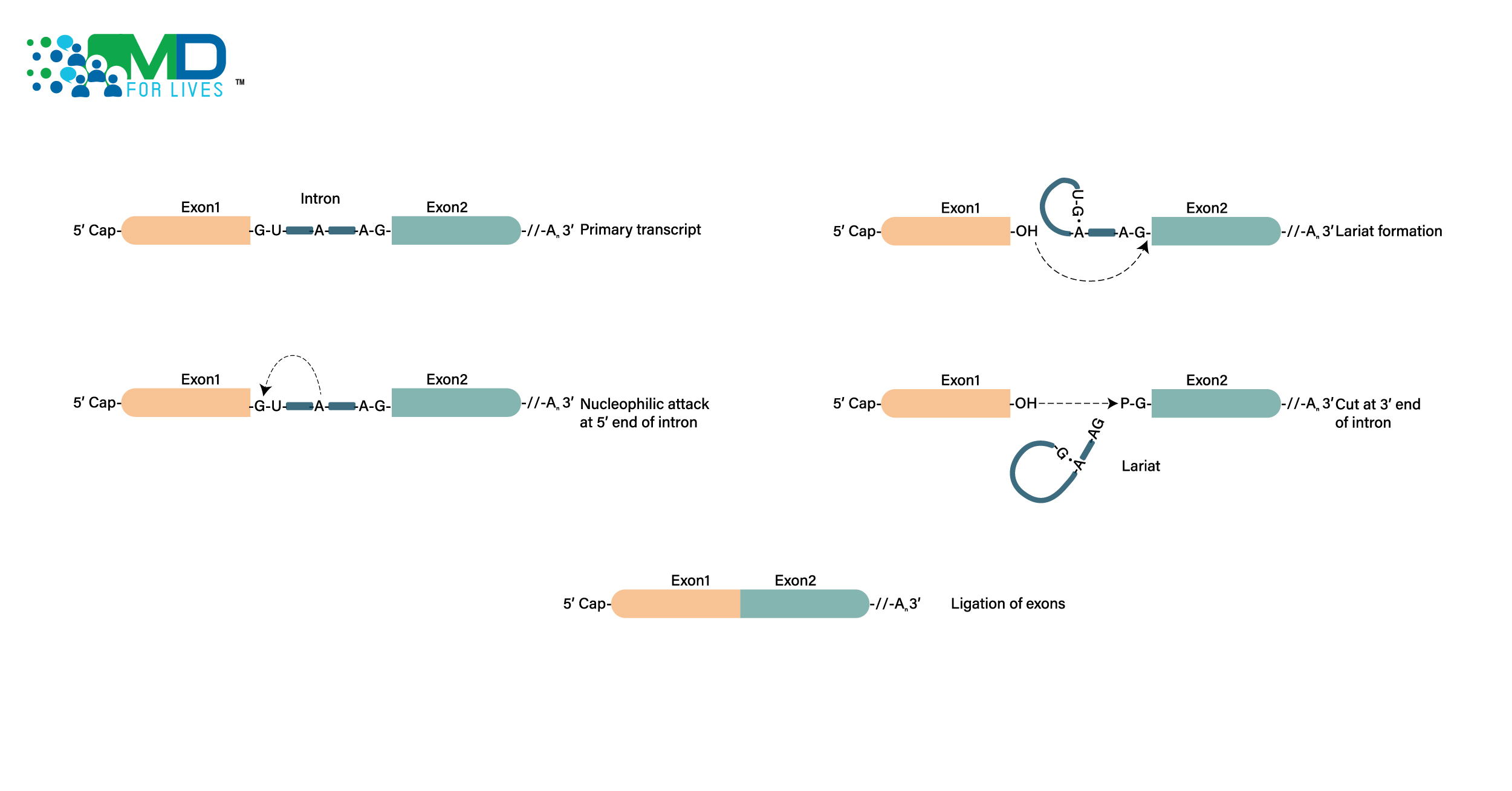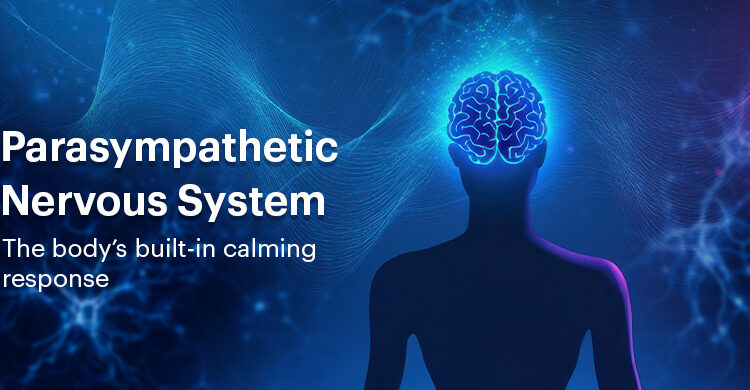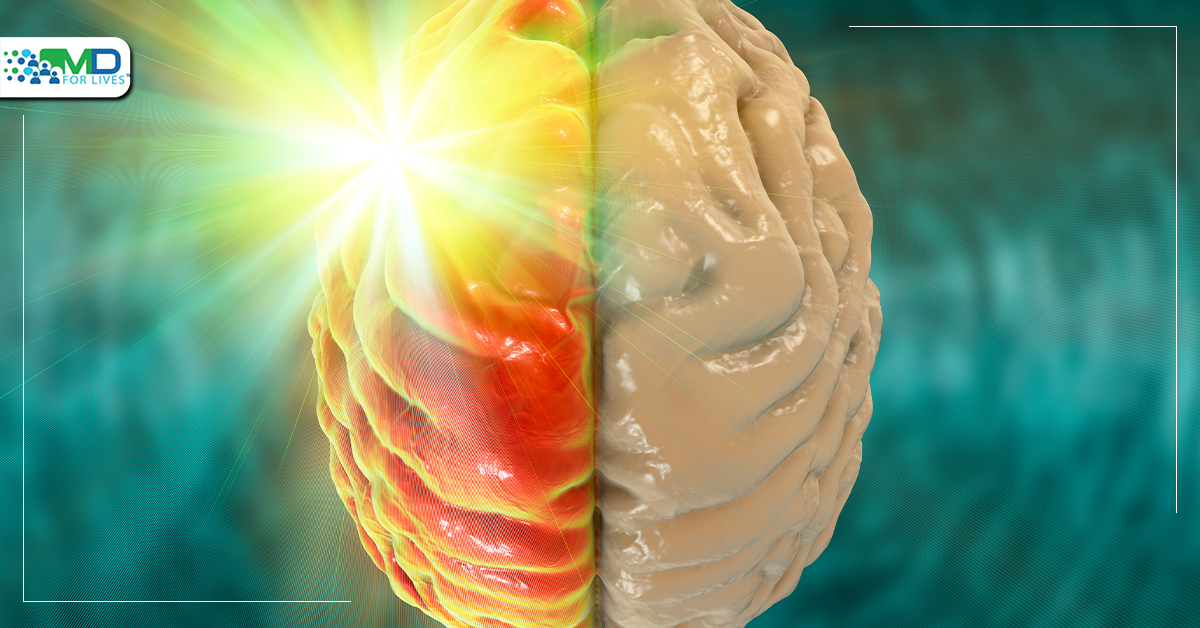AI and machine learning have the potential to revolutionize healthcare by enabling more accurate diagnoses, personalized treatments, and improved patient outcomes. Here are some ways in which AI and machine learning will impact the future of healthcare:
1. Diagnostics: AI algorithms can analyze large amounts of medical data to identify patterns and detect diseases earlier than human physicians. This can lead to faster and more accurate diagnoses. Here are some instances of how AI is being used in diagnostics:
- Radiology: AI algorithms can analyze medical images such as X-rays, CT scans, and MRIs to detect abnormalities that may be missed by human radiologists. For example, AI has been shown to be highly accurate in detecting lung cancer nodules in CT scans.
- Pathology: AI can assist pathologists in analyzing tissue samples to diagnose diseases such as cancer. By analyzing images of tissue samples, AI can detect subtle differences in cells that may indicate cancer, helping pathologists make more accurate diagnoses.
- Cardiology: AI can analyze ECGs (electrocardiograms) to detect abnormalities that may indicate heart disease or other conditions. For example, AI has been shown to be highly accurate in detecting a type of irregular heartbeat called atrial fibrillation.
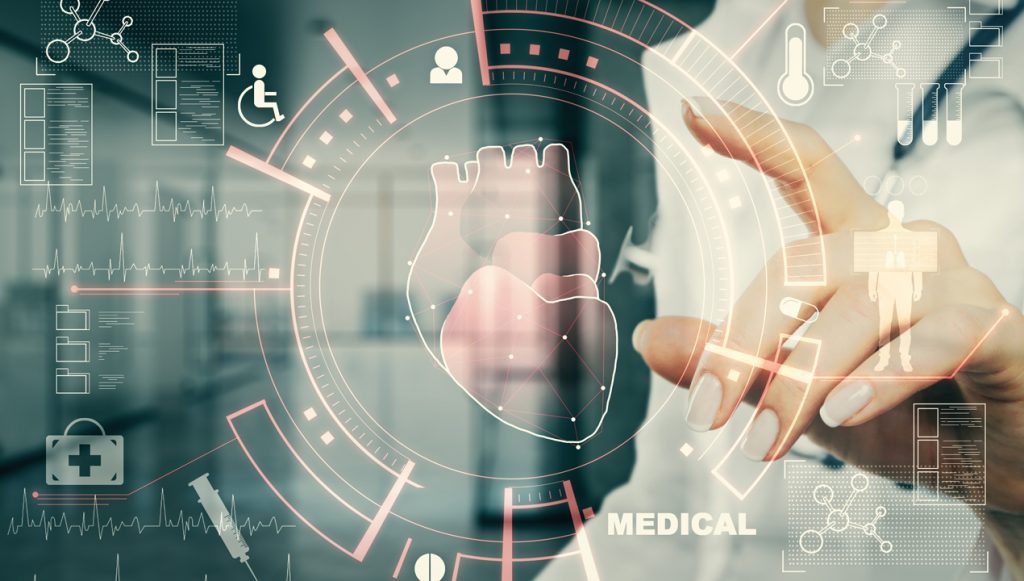
- Dermatology: AI can analyze images of skin lesions to help diagnose skin cancer. By comparing images of a lesion to a database of other skin lesions, AI can help identify whether a lesion is cancerous or benign.
2. Personalized treatments: AI can help tailor treatments to individual patients by analyzing their medical history, genetic makeup, and other factors. This can lead to more effective treatments and better patient outcomes. AI can help healthcare providers make more informed decisions about which treatments are most likely to be effective. Some examples of the use of AI in personalized treatments are discussed below
- Cancer treatment: AI can analyze a patient’s genetic makeup and tumor characteristics to identify personalized treatment options. For example, AI can help identify which chemotherapy drugs are most likely to be effective based on a patient’s genetic profile.
- Drug dosage: AI can help healthcare providers determine the optimal dosage of a drug for a patient based on factors such as age, weight, and medical history. This can help reduce the risk of adverse side effects and ensure that the patient receives the most effective treatment.
- Mental health: AI can help healthcare providers identify the most effective treatments for mental health conditions such as depression and anxiety. By analyzing a patient’s medical history and symptoms, AI can help identify which treatments are most likely to be effective.
- Diabetes management: AI can analyze a patient’s blood glucose levels and other factors to personalize diabetes management. For example, AI can help healthcare providers determine the optimal insulin dose for patients based on their blood glucose levels and other factors.
3. Medical imaging: AI algorithms can analyze medical images such as X-rays, CT scans, and MRIs to detect abnormalities that may be missed by human radiologists. Here are some examples of how AI is being used in medical imaging:
- Image analysis: AI algorithms can analyze medical images to detect abnormalities such as tumors, lesions, and fractures. By analyzing large amounts of data, AI can detect subtle differences in images that may indicate a disease or condition.
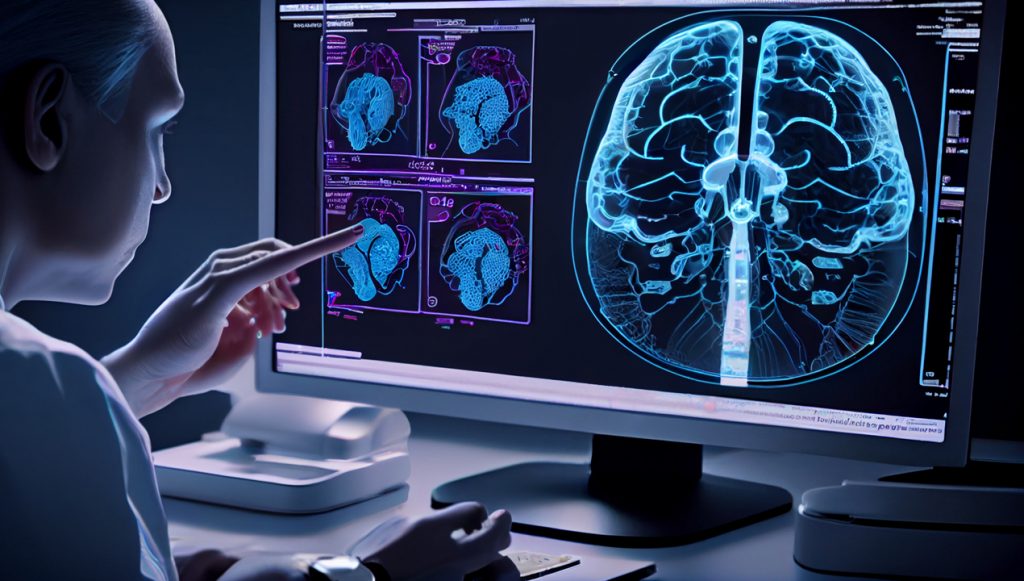
- Disease diagnosis: AI can help diagnose diseases such as Alzheimer’s and Parkinson’s by analyzing brain scans. By analyzing images of the brain, AI can detect subtle changes that may indicate the presence of a disease.
- Surgical planning: AI can help surgeons plan complex procedures by analyzing medical images and generating 3D models of organs and tissues. By providing more detailed information about a patient’s anatomy, AI can help surgeons plan procedures more accurately and reduce the risk of complications.
4. Drug development: AI can help identify new drug targets and speed up the drug development process by predicting which drug compounds are most likely to be effective.
- Drug discovery: AI can analyze large amounts of data to identify potential drug candidates more quickly and accurately than traditional methods. By analyzing data on millions of molecules, AI can identify those that are most likely to be effective in treating a specific disease.
- Predicting drug toxicity: AI can help predict the toxicity of potential drugs, reducing the risk of adverse side effects. By analyzing data on how a drug interacts with human cells, AI can predict how it is likely to behave in the human body and identify potential safety concerns.
- Clinical trial design: AI can help design more efficient and effective clinical trials by analyzing data on patient populations and treatment outcomes. By identifying the most promising treatments and patient populations, AI can help streamline the drug development process and reduce the time and cost of clinical trials.
5. Remote monitoring: AI can enable remote patient monitoring by analyzing data from wearable devices and other sensors to detect changes in a patient’s condition.
- Wearable devices: AI can analyze data from wearable devices such as smartwatches and fitness trackers to monitor patients’ vital signs, activity levels, and sleep patterns. By providing real-time insights into patient health, AI can help healthcare providers identify potential health issues before they become more serious.
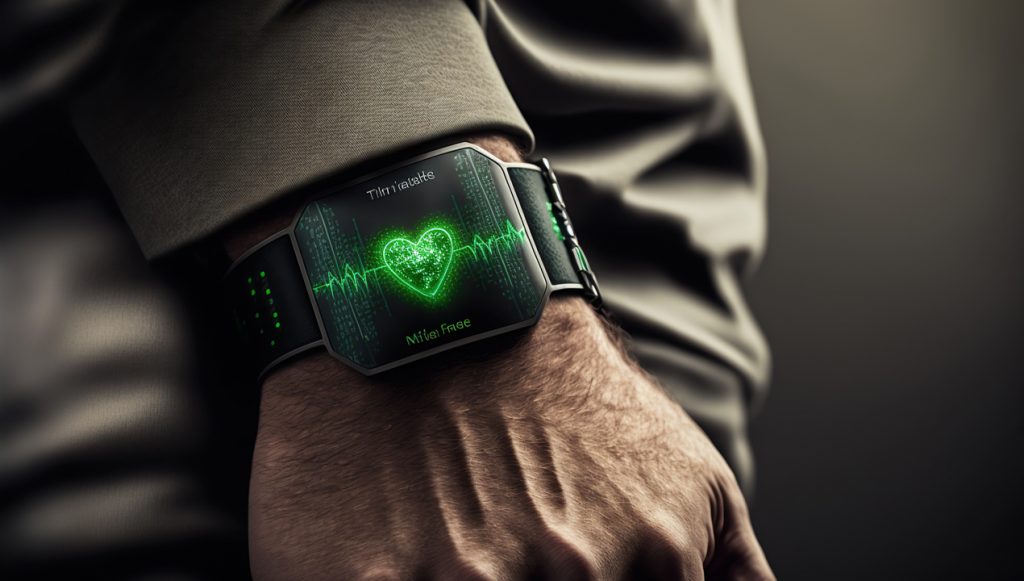
- Telehealth: AI can help healthcare providers monitor patients remotely through telehealth platforms. By analyzing data from video consultations, chatbots, and other remote monitoring devices, AI can help identify potential health issues and provide personalized treatment recommendations.
- Predictive analytics: AI can use predictive analytics to identify patients who are at high risk of developing a particular disease or condition. By analyzing patient data and identifying risk factors, AI can help healthcare providers intervene early and prevent the onset of disease.
Overall, AI and machine learning have the potential to transform healthcare by improving patient outcomes, reducing costs, and enhancing the efficiency of healthcare systems.

MDForLives is a global healthcare intelligence platform where real-world perspectives are transformed into validated insights. We bring together diverse healthcare experiences to discover, share, and shape the future of healthcare through data-backed understanding.




